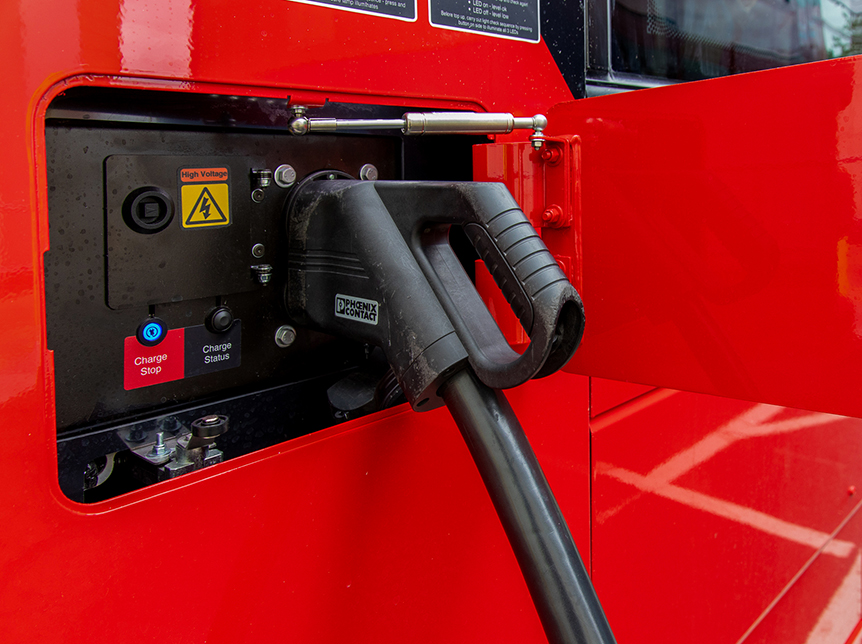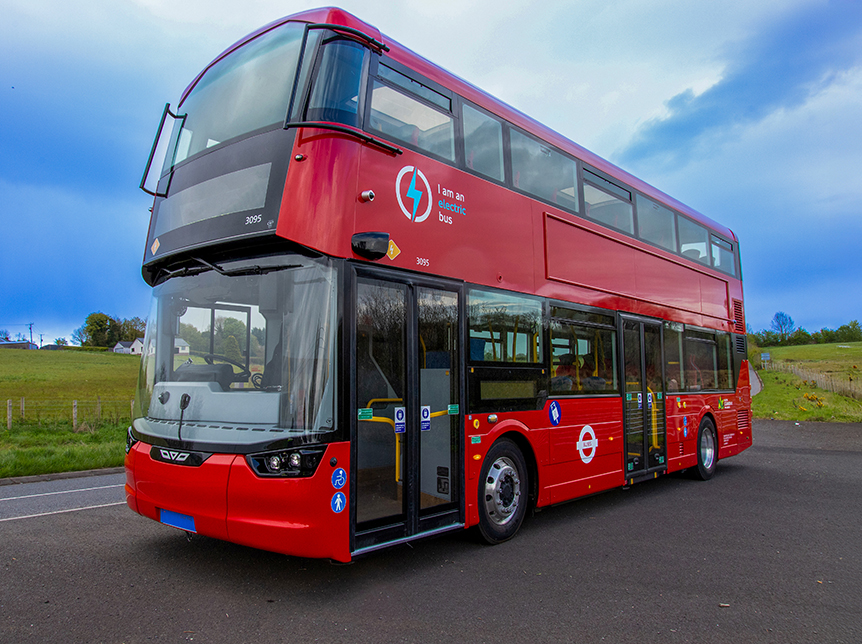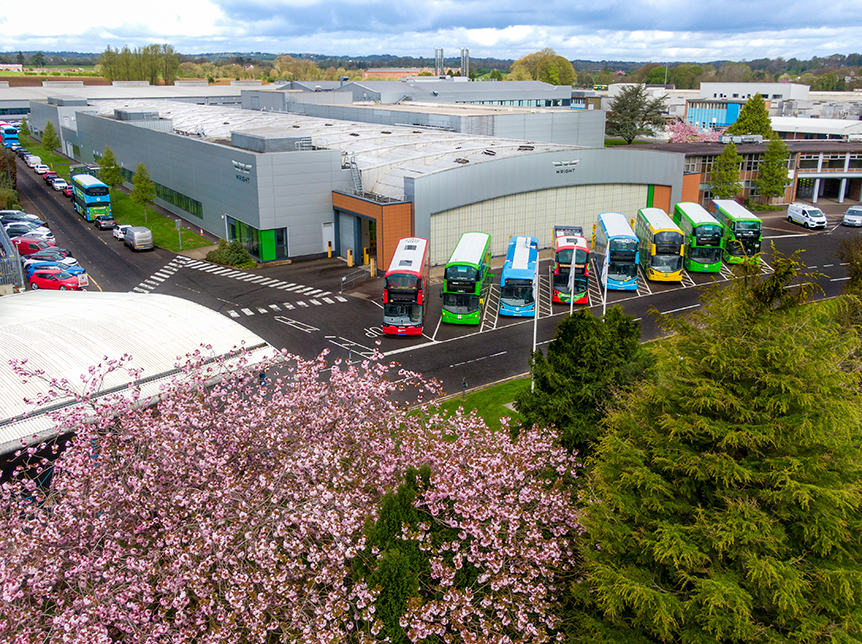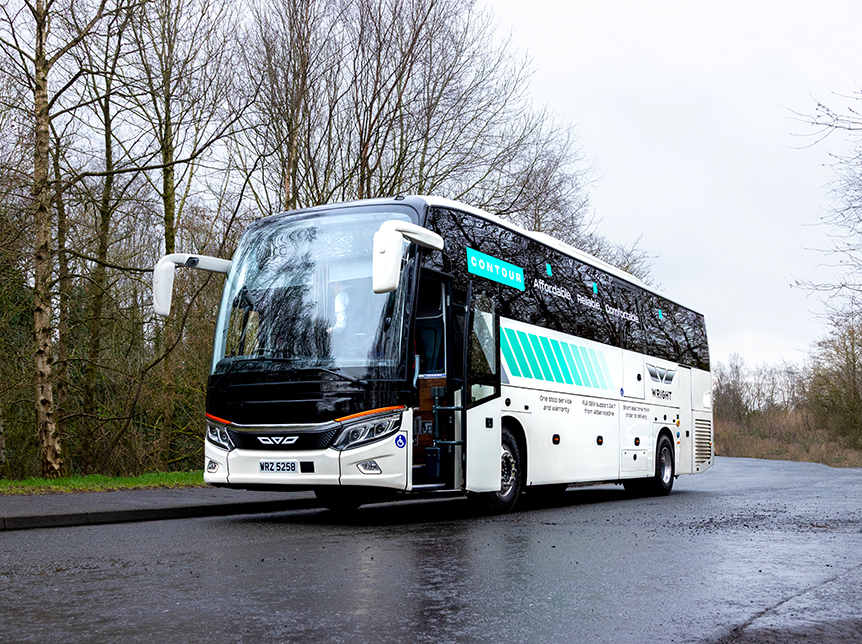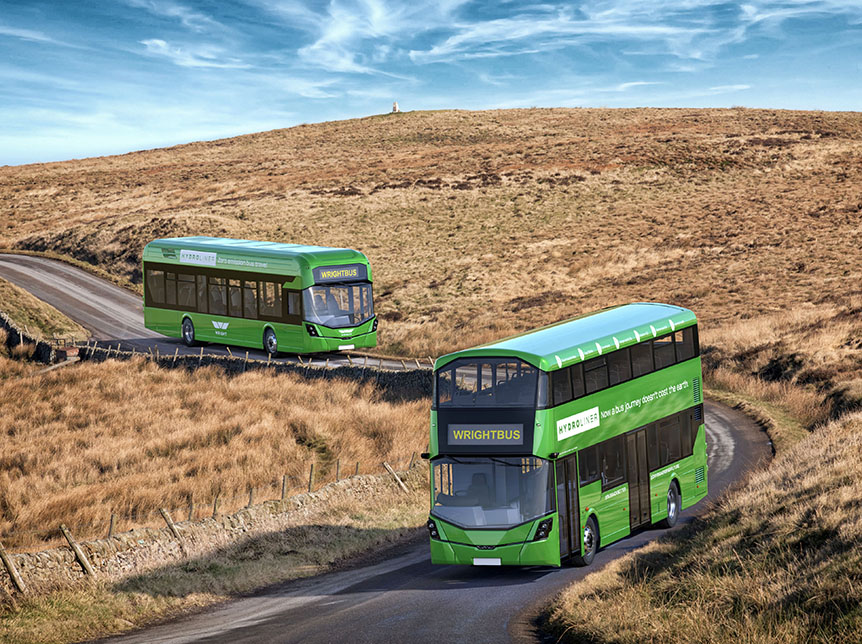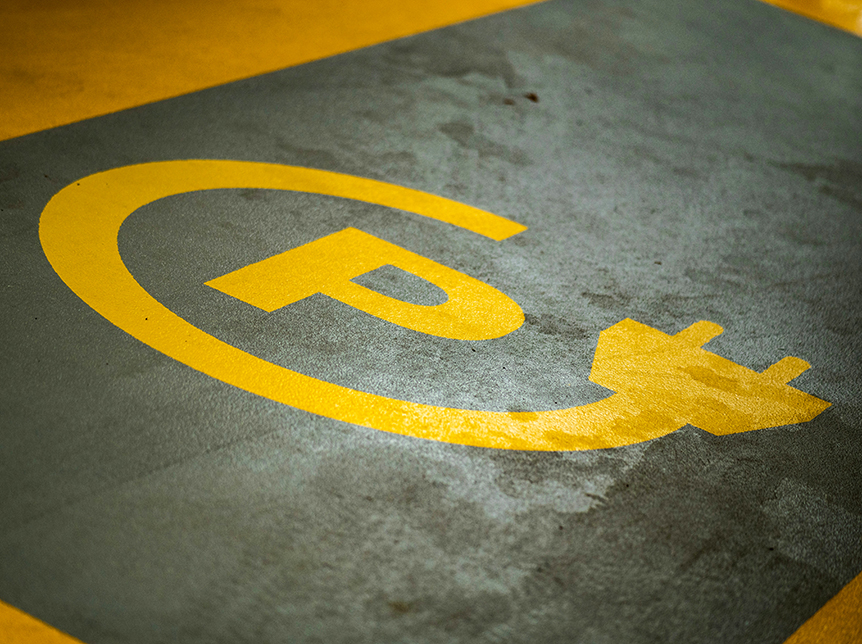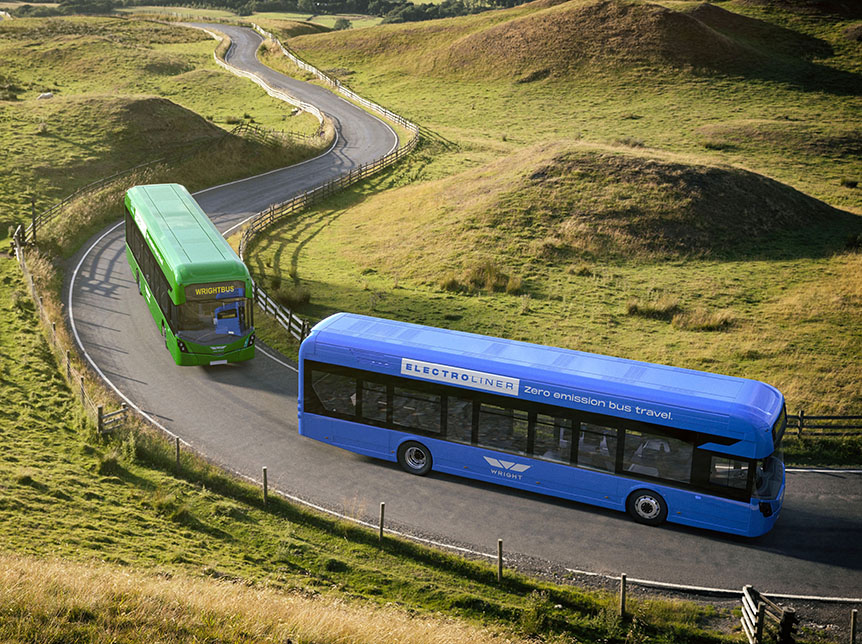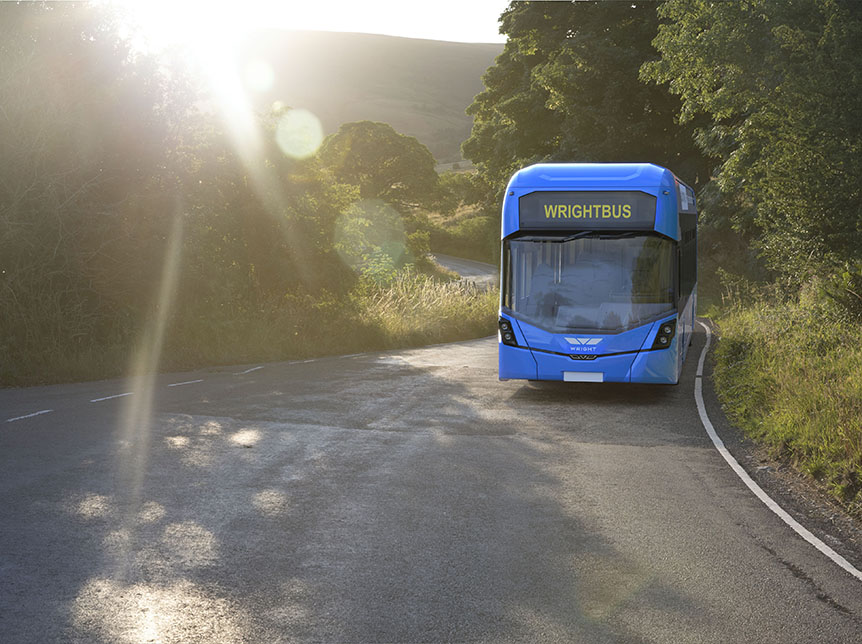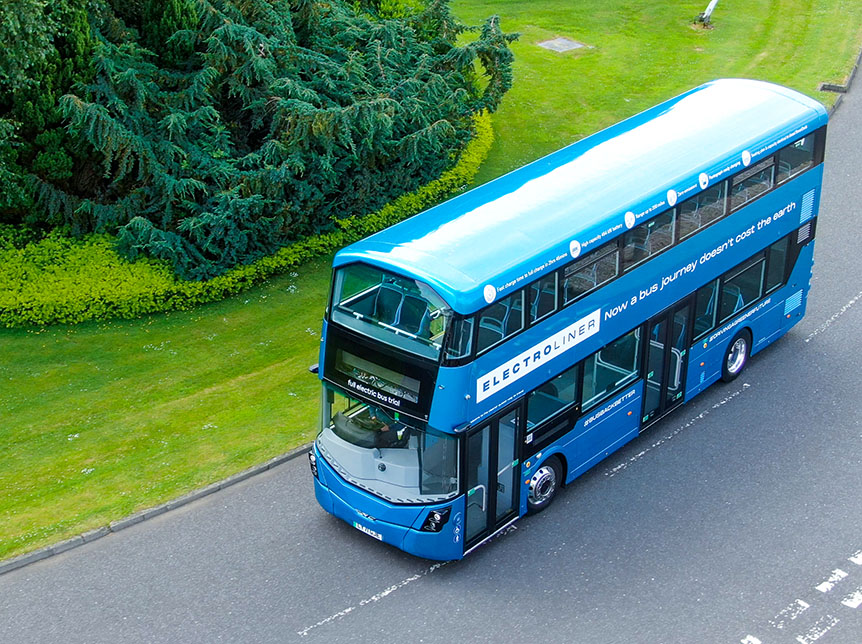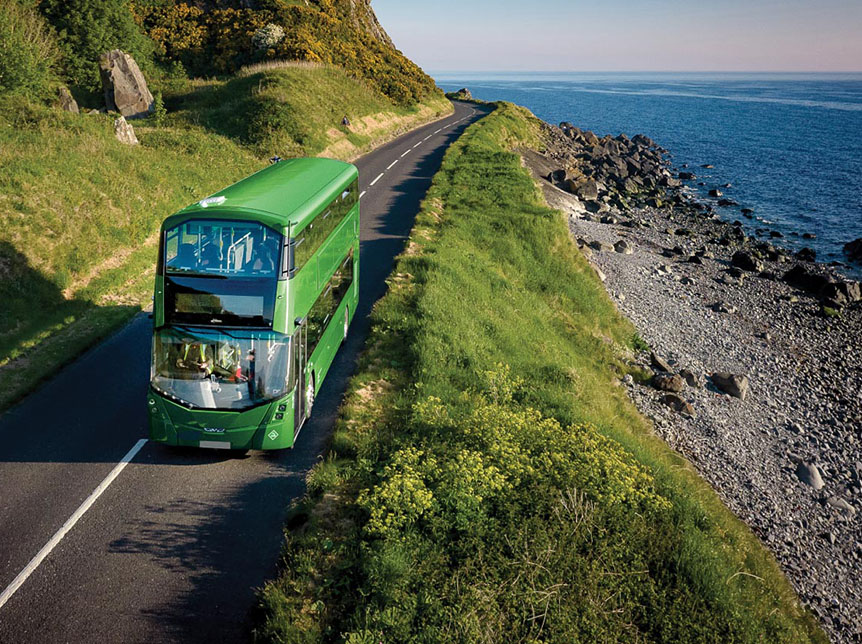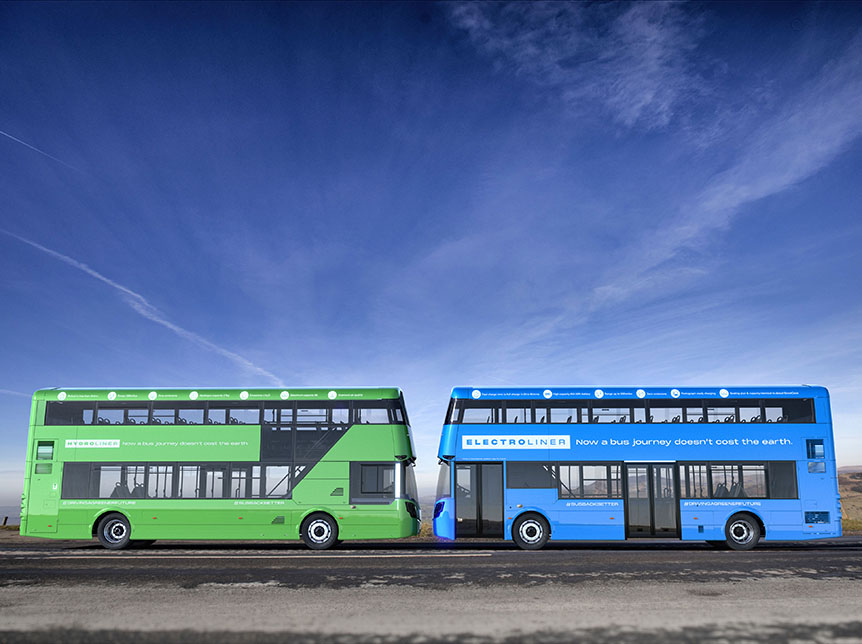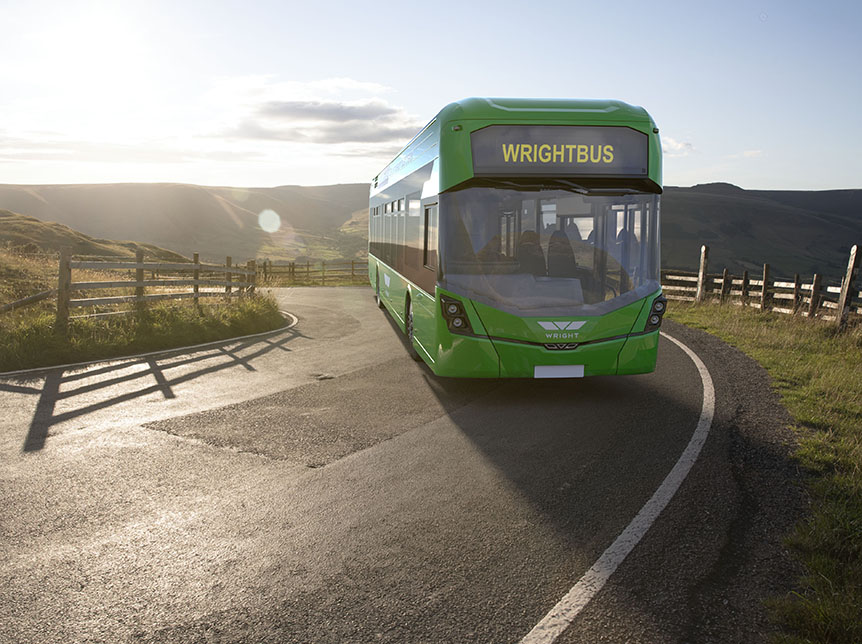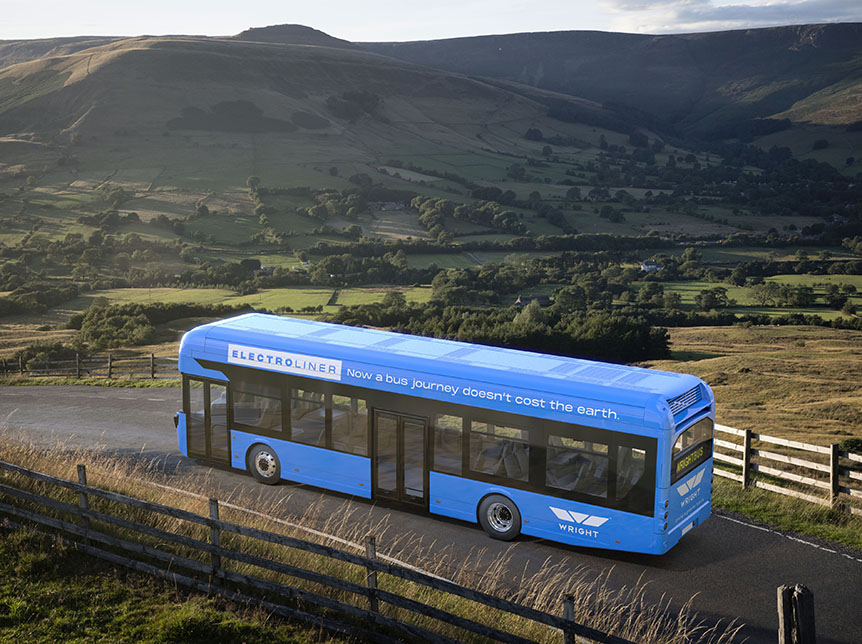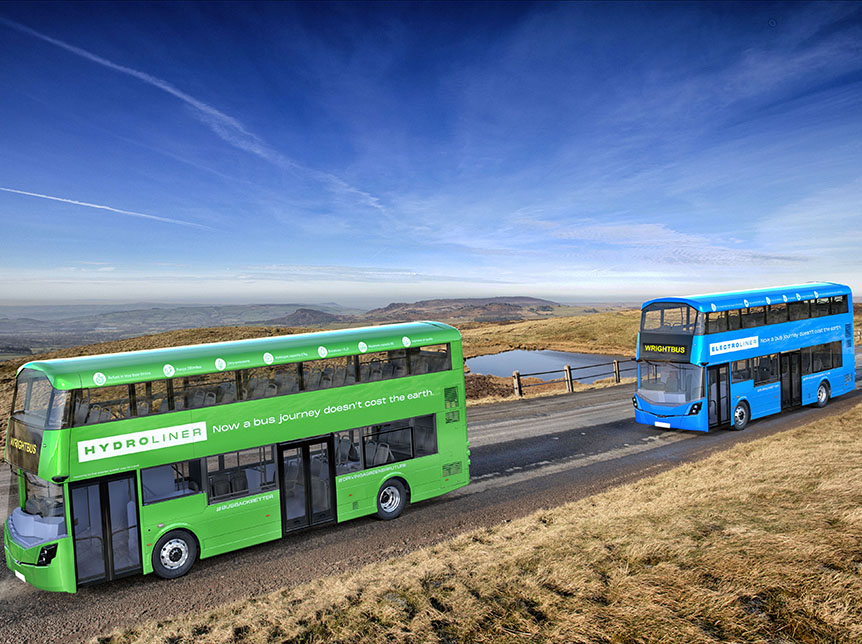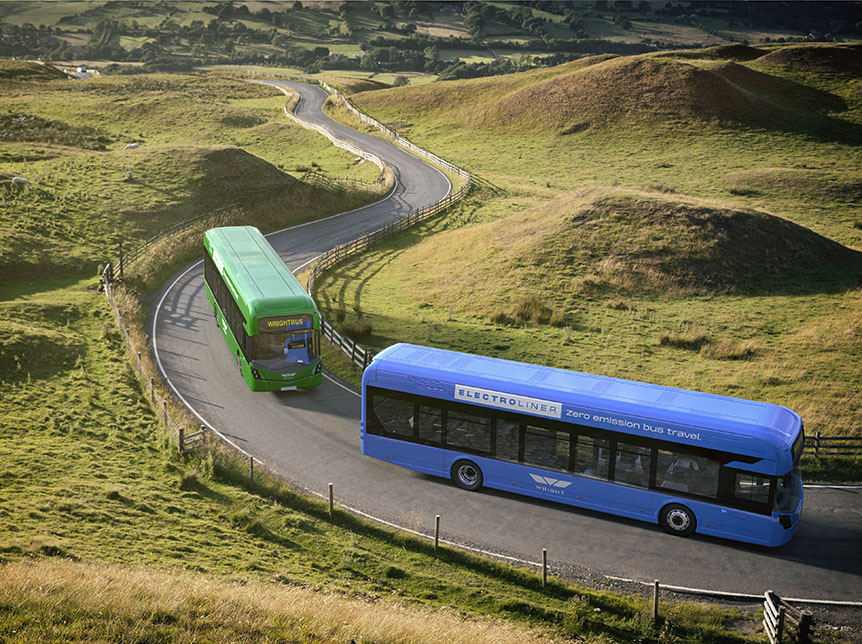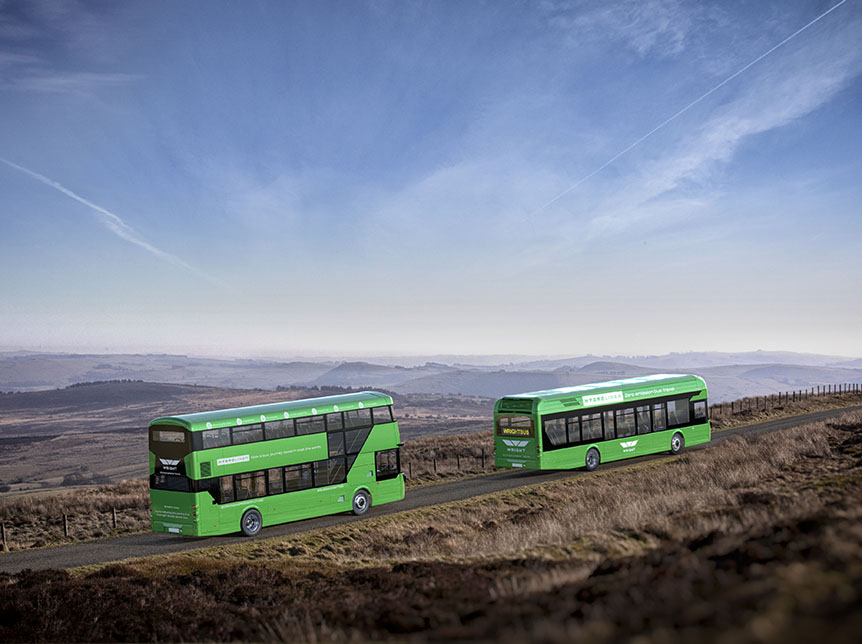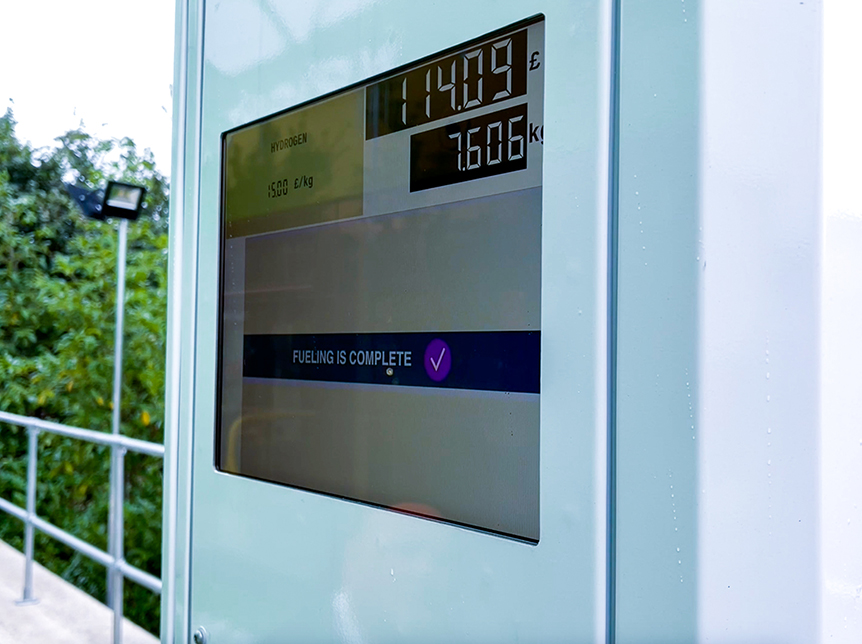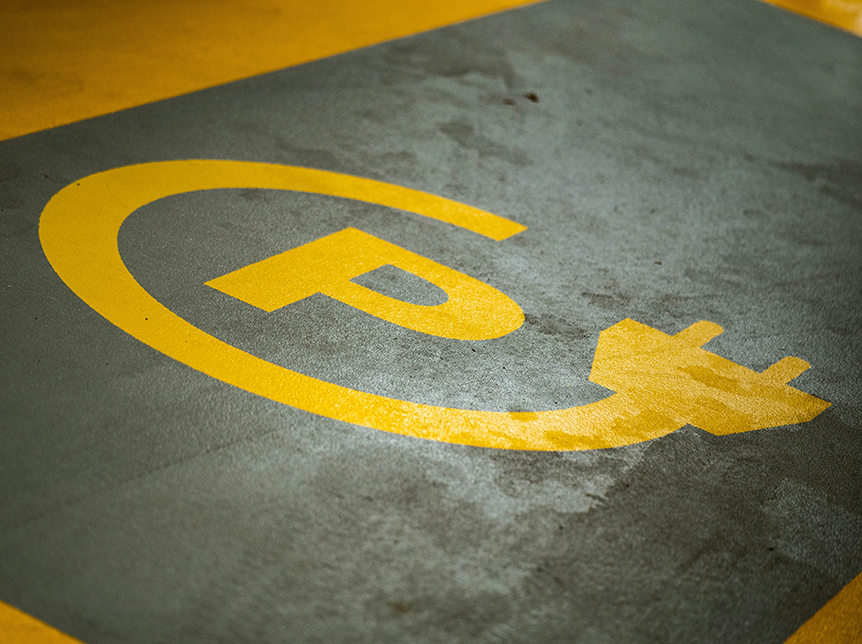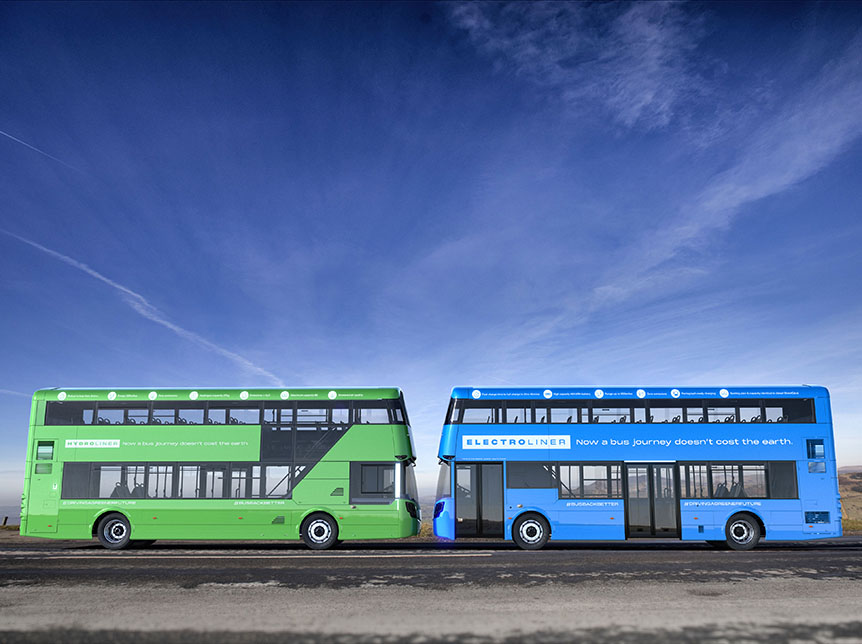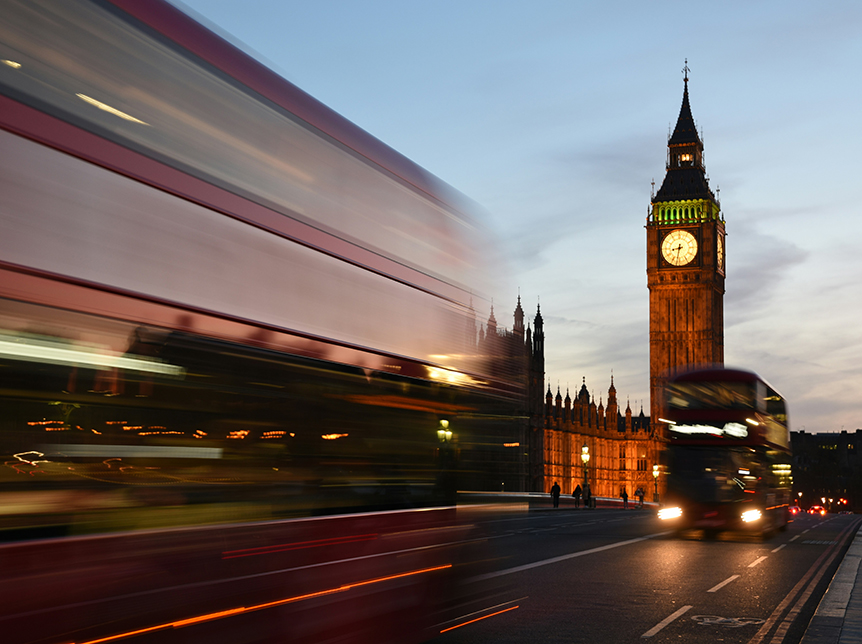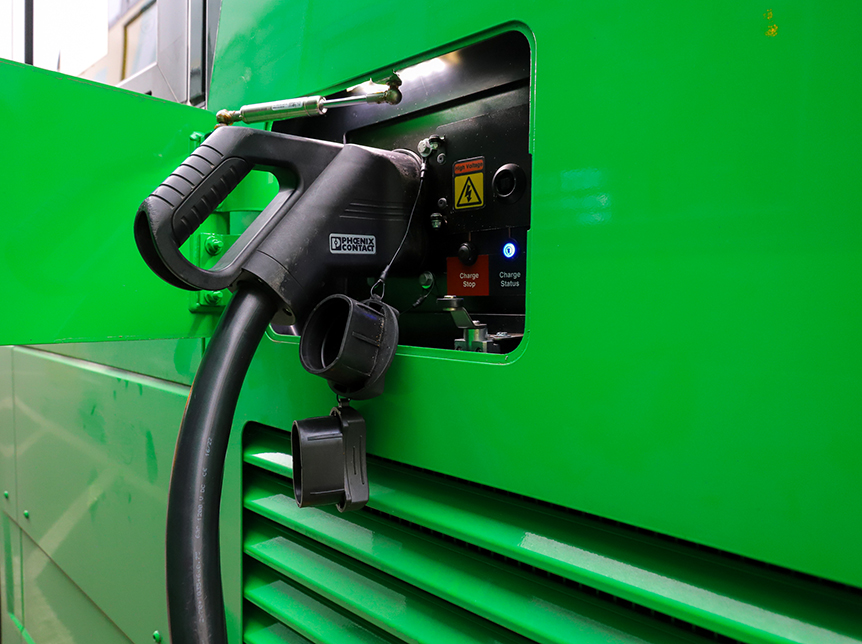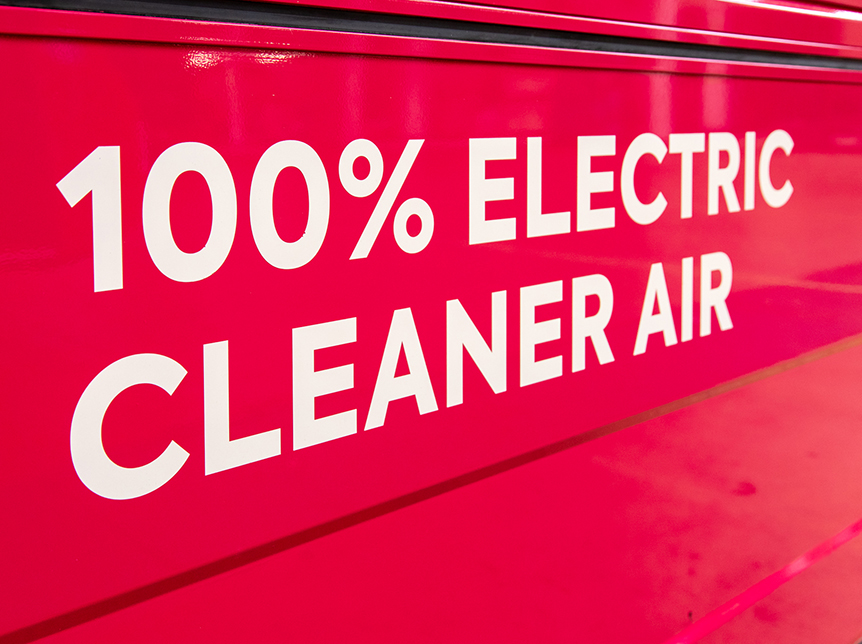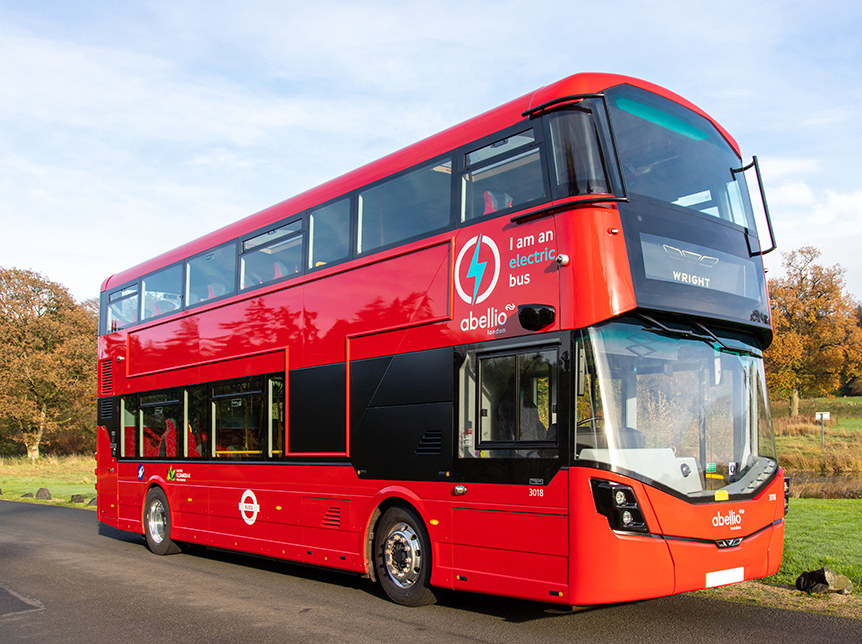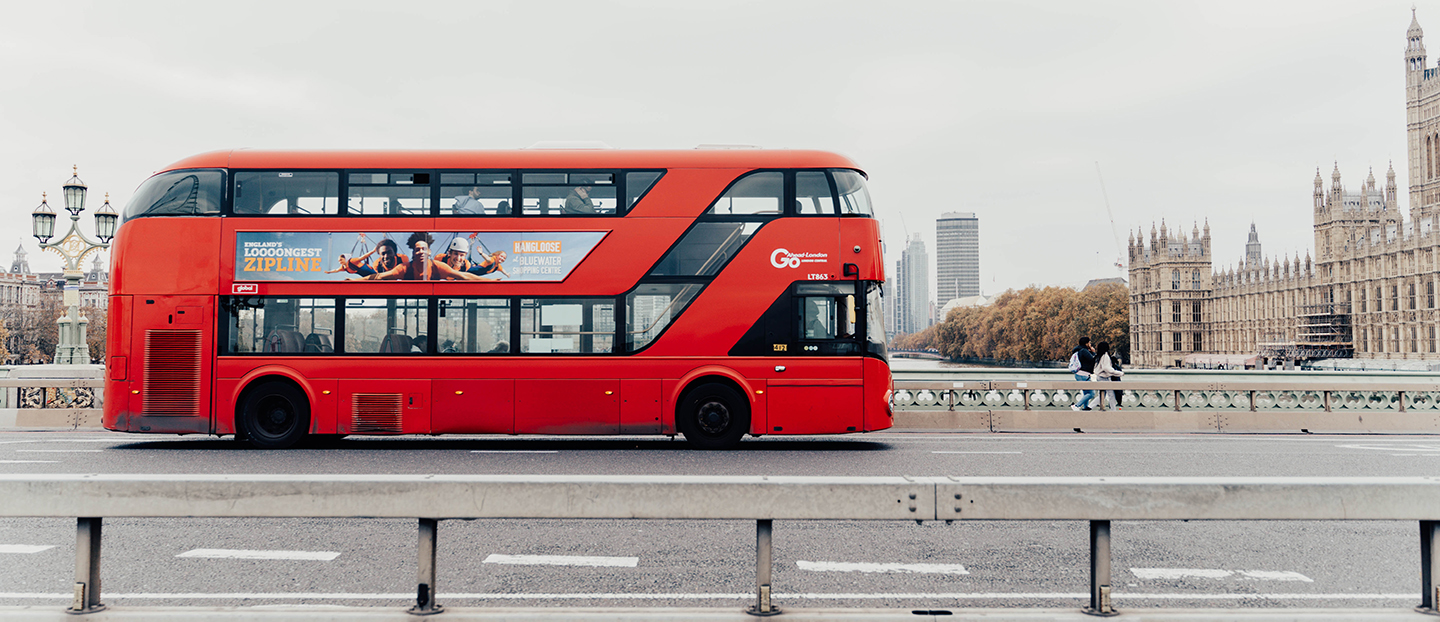
In the world of modern transportation, where sleek high-speed trains, futuristic electric vehicles, and autonomous cars dominate the scene, one classic mode of transportation continues to evoke a sense of nostalgia and wonder: the double-decker bus. These iconic vehicles, often seen bustling through city streets and offering a unique view of the world, have stood the test of time, remaining a symbol of both practicality and charm.
The Double-Decker Legacy: A Brief Historical Insight
Double-decker buses have a storied history that dates back to the early 19th century. The first double-decker buses were horse-drawn carriages with an open-top upper deck, providing passengers with a panoramic view of their surroundings. As technology advanced, these buses evolved into the motorized giants we recognize today.
Iconic Design and Elevated Perspectives
One of the most captivating features of double-decker buses is their design. With their two levels stacked on top of each other, these buses offer a unique vantage point for passengers to take in the scenery. Whether you're sightseeing in London, the elevated perspective from the upper deck adds an element of adventure to the journey.
Efficiency and Space Utilization
Beyond their aesthetic appeal, double-decker buses are also renowned for their efficient use of space. In cities where road space is at a premium, these buses make it possible to transport a larger number of passengers without significantly increasing traffic congestion. This capacity to carry more people at once makes them an eco-friendly option for urban transport, potentially reducing the number of individual cars on the road.
The Double-Decker Experience: A Trip Down Memory Lane
For many, riding a double-decker bus is not just a mode of transportation; it's an experience. The rickety ascent up the spiral staircase, the thrill of securing a coveted seat on the upper deck, and the sense of camaraderie among passengers—all contribute to a sense of nostalgia that is hard to replicate in modern vehicles. It's a bit like stepping into a time machine and reliving the golden age of public transportation.
Modern Adaptations and Sustainability
As cities strive to enhance their public transportation systems and reduce their carbon footprint, the double-decker bus has undergone modern adaptations. Electric and hybrid versions of these buses are emerging as a greener solution for urban transit. These eco-friendly buses retain the charm of their predecessors while embracing cleaner and more sustainable technologies.
Conclusion: The Timeless Allure of Double-Decker Buses
In an era where efficiency often trumps charm, the enduring popularity of double-decker buses stands as a testament to their unique and timeless allure. These vehicles bridge the gap between history and modernity, reminding us that progress need not always erase the past. Whether you're a local commuter or a curious tourist, the next time you board a double-decker bus, take a moment to appreciate the blend of innovation and nostalgia that this iconic mode of transport represents. After all, in a world of rapid change, a ride on a double-decker bus can be a gentle reminder of the beauty of the journey itself.
Read more
Single Decker Electric Buses: Paving the Way for Sustainable Public Transport
Read onThe Double Decker Electric Buses: Revolutionizing Urban Transportation
Read onElectric Buses and Hydrogen Vehicles: Driving the Future of Sustainable Transportation
Read onHybrid Buses: The Future of Sustainable Double Decker Transportation
Read onThe Future of Public Transit: Single Decker Buses and Hydrogen Fuel Cell Vehicles
Read onExploring the Future of Transportation: Battery Electric Vehicles and Double Decker Buses
Read onNavigating Urban Landscapes: The Versatility of Single Deck Buses and Double Deck Buses
Read onLondon's Bendy Bus Legacy and the Innovation of London Electric Vehicle Company
Read onPioneering Zero-Emission Transport: The Rise of Electric Bus Companies in the UK
Read onNavigating Green Urban Transit: London's Best Electric Vehicles and Electric Buses
Read on
Get in touch
Wrightbus has been at the forefront of transport innovation since 1946, relentlessly pushing the boundaries with its commitment to quality, style and safety.
